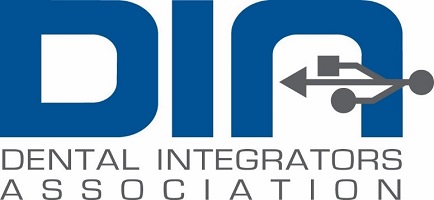Most Common Types of Cyber Attacks
Cyber security is an evolving landscape, and over the years it has continually improved more ways to block unauthorized access. However, cybercriminals adapt to these changes and attempt to bypass security measures by implementing several different types of cyberattacks.
Organizations should be familiar with common and trending cyberattacks, since being informed can help your organization prepare for potential attacks and ensure business continuity.

Let’s review the most common types of cyberattacks facing organizations today.
Phishing
More than 90% of successful cyberattacks begin with a phishing email, according to the Cybersecurity and Infrastructure Agency (CISA). Phishing relies on social engineering tactics to manipulate email recipients into sharing sensitive data, sending money, or downloading malware.
Social engineering is easy for cybercriminals to execute since no technical skills are needed. In one scenario, all they need to do is write a convincing and fraudulent message, pose as a trusted source (like your boss), and then send it to the right email recipient.
Ransomware
Ransomware is a type of malicious software, also known as malware. Ransomware is specifically designed to spread malware among an organization’s devices, network, or system. The ransomware encrypts data and blocks the organization from accessing it.
The cybercriminals then demand a ransom, and in return, they will provide a key to unencrypt the data. However, this can be risky since there is no guarantee the criminals will follow through and actually unencrypt the data.
Password-Based Attacks
Passwords are a hot commodity for cybercriminals. If they can find the right login credentials, cybercriminals can gain access to your accounts and perpetuate further cybercrimes. There are numerous methods to try and find usernames and passwords, including random guessing and password-cracking software.
One example is brute force attacks. These are trial-and-error attempts to guess an account’s password. It can be successful if the account has a weak or common password.
Once cybercriminals have found the correct login credentials, they can implement other cyberattacks with them. If you use the same username and passwords across multiple accounts, then this can raise your risk of getting hacked. Credential stuffing is when cybercriminals use login credentials across multiple websites to see if there are duplicates.
Denial-of-Service
Denial-of-Service (DoS) attacks are designed to crash a website and render it unusable for users. Cybercriminals will flood a server, machine, or network with numerous requests. Eventually, this overloads it with bogus requests and makes it crash. This prevents authentic users from gaining access to services or websites.
Another form of a DoS attack is the distributed denial-of-service (DDOS) attack. It has the same goal of overwhelming a server, machine, or network with fake requests and causing it to crash. But the main difference is that it will use multiple internal protocol (IP) addresses or machines to execute the attack, rather than just one.
Man-in-the-Middle
Man-in-the-middle (MITM) attacks are when a cybercriminal intercepts two communicating parties. For example, they may get in the middle of a user and an app, or between a client and a server. The goal of this type of attack is to trick users into revealing confidential data.
MITM attacks are highly technical to execute. Cybercriminals can eavesdrop on the conversation or impersonate one of the parties to glean the information they are looking for.
Keep Your Network Secure with Compass Network Group
Cyber security doesn’t have to be complicated for your organization when you partner with an IT provider. At Compass Network Group, we have over twenty years of experience providing professional IT services to small and medium-sized businesses. We offer a full range of capabilities, so you don’t have to deal with multiple companies to satisfy your IT needs.
Headquartered in Lancaster, PA, we’re ready to help you at a moment’s notice. Contact us today to schedule a free no-obligation Discovery Session by filling out our online form or calling us at 866-336-8727.




